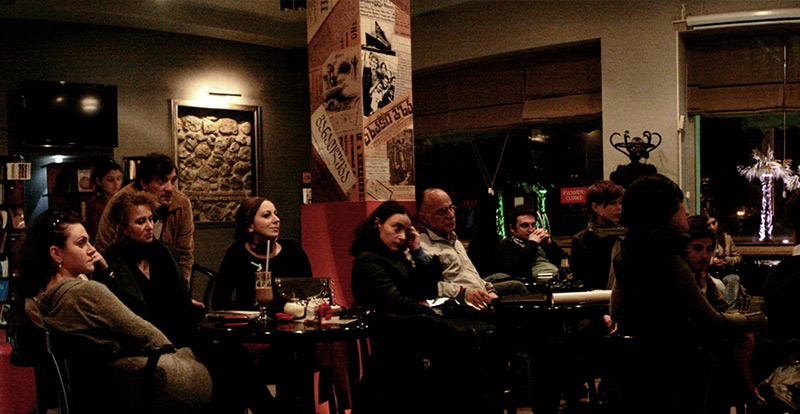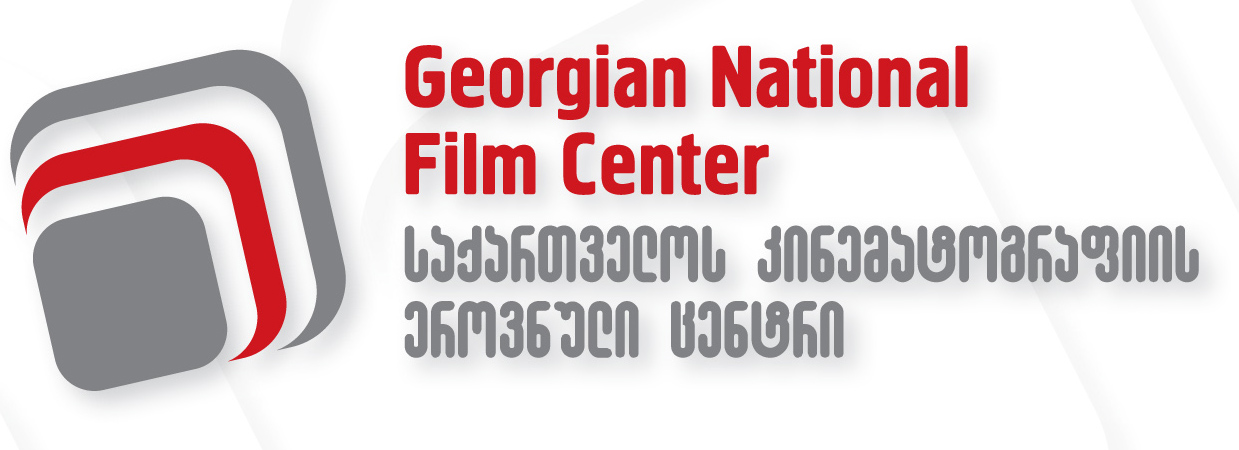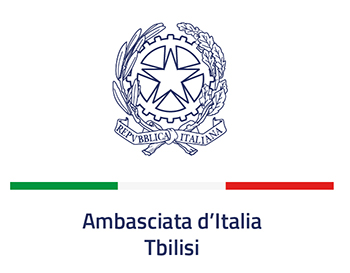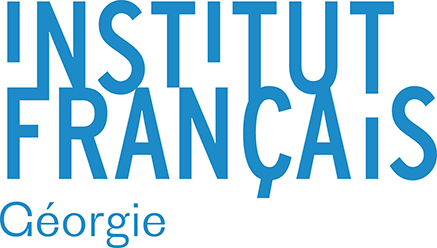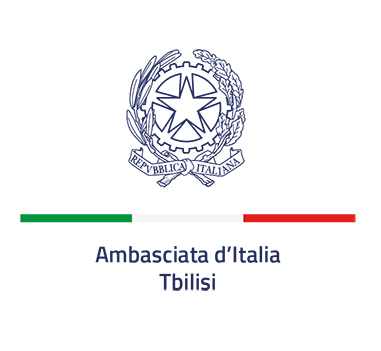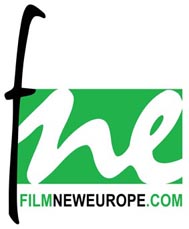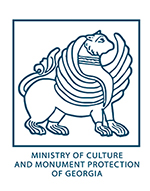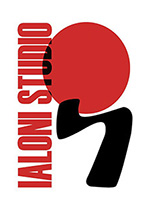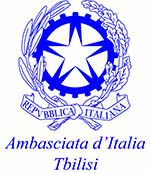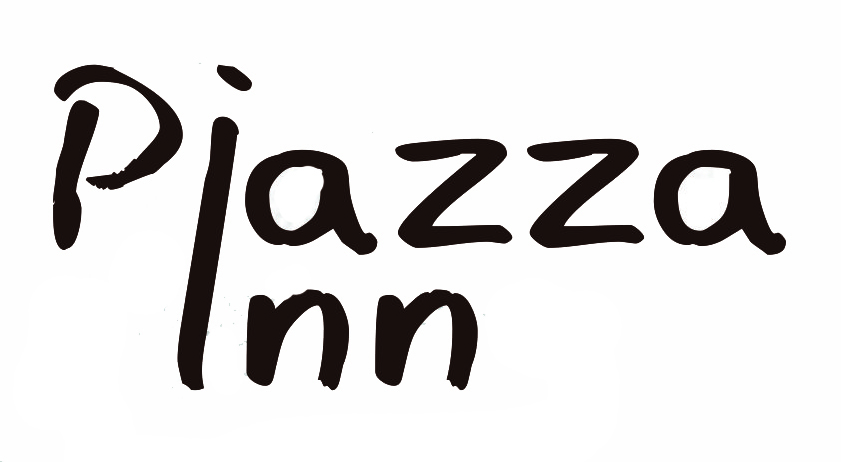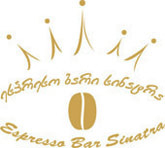
International Competition Jury
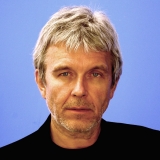
Zbigniew Rybczynski
Head of Jury
Zbigniew Rybczynski (Rib-chin-ski) was born on January 27, 1949 in Lodz, Poland. He went on to study cinematography at the world-renowned Lodz Film School where he began experimenting with the film medium. His first projects were Kwadrat (1972) and Take Five (1972). Along with his other works, they broke new ground in the use of pixelation, optical printing, animation and other compositional film devices.
Zbig was active in the avant-garde group Warsztat Formy Filmowej and he cooperated with Se-Ma-For Studios in Lodz, where his art movies were shot, including: Plamuz (1973), Zupa (1974), Nowa ksiazka (1975) and Tango (1980). Between 1977 and 1983 Rybczynski worked in Austria. He set up a visual effects studio in Vienna for the Austrian TV. As the director of photography, co-writer and editor, he contributed to the cult horror feature Angst (also known as "Fear") directed by Gerald Kargl.
In the meantime, Zbig was involved in the Solidarity (Solidarnosc) movement in Poland. When martial law was declared, he received political asylum in Austria and it was there that he learned of his Academy Award for Best Animated Short Film nomination for Tango. After winning the Oscar for that film in 1983, Zbig and his family emigrated to the USA and settled in New York City. At his Manhattan and Hoboken studios, equipped with state-of-the-art High Definition Video, Rybczynski conceived and produced - as one of the first filmmaker - pioneer video films using HD technology.
In 1984 he was assigned by Lorne Michaels to create two short pieces The Discreet charm of Diplomacy and The Day Before (both produced by Alan Kleinberg) for NBC's "The New Show".
In the Zbig Vision Studios Rybczynski produced his most important and acclaimed works: Steps 1987; The Fourth Dimension 1988 (produced by Robin O'Hara); The Orchestra 1990; and his favorite film Kafka in 1992.
Zbig is the creator of more than 30 outstanding music videos including John Lennon's Imagine and videos for artists such as Art of Noise, Mick Jagger, Pet Shop Boys, Chuck Mangione and Lou Reed. He was honored with three MTV Music Video Awards. In 1990 Zbig won the Emmy Award for special effects in his film The Orchestra, a one-hour classical music HDTV program for PBS. It was the first Emmy ever given to a High Definition production.
In the years 1994-2001 Rybczynski worked in Germany. First, at the CBF Studios in Berlin, he was developing new production techniques in the areas of image compositing and motion control photography (he holds several innovative patents in that area and in computer programs). Later, in Cologne, he continued his research and was a Professor of Experimental Film at the Academy of Media Arts.
In 2001 Zbig moved back to Los Angeles and until 2006 he worked on the development of image-related technologies for the Los Angeles based companies Ultimatte and iMatte.
Currently Zbig is involved in the development of a new technology for live image compositing and he is pursuing his filmmaking career. Since December 2007, along with the renowned Israeli writer and journalist Eli Barbur, Zbig has been working on a two-hour film The Short History of White People (working title).
see biography
close biography
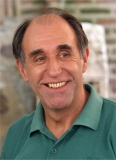
Bojidar Manov
Jury member
Bulgarian film critic and journalist Bojidar Manov lectures at the New Bulgarian University and is the Head of Cinema Studies Department at the National Academy for Theatre and Film Arts. He has been a member of the National Film Board since 2004. In the years 2001–2005 he was the vice-president of the International Federation of Film Critics (FIPRESCI) and has sat on the jury of a number of film festivals. Manov has and published many articles for the Bulgarian and foreign press and is the author of several books, e.g. Theory of the Cinema Image (1996) andCinema and Other Temptations.
see biography
close biography

Judith Blackburn
Jury Member
Judith Blackburn is the founder of the Beverly Arts Center in Chicago (which she was also the President of for many years), the organization promoting various aspects of international arts in the "Windy City." She has spent over a decade as the Director of Film Programming there and established strong film and arts relationships with a wide range of like-minded enthusiasts.
rn
She founded and is the President of the Chicago Irish Film Festival and she has also participated in organizing and curating various programs. She has received numerous honors and awards for her activities.
see biography
close biography

Siddiq Barmak
Jury Member
The director Siddiq Barmak was born in Afghanistan in 1962 and studied filmmaking in Moscow. He had written screenplays and made a few short films before shooting his first feature film Osama in Afghanistan in 2003. The film won prizes on many international film festivals, including Cannes, Golden Globe and Pusan. Between 1992 and 1996 he was the director of the Afghan Film organization and after the establishment of the new government he was once again chosen to manage it. All his works were banned during the time of the Taliban.
He is also director of the Afghan Children Education Movement (ACEM), an association that promotes literacy, culture and the arts, founded by Iranian film director Mohsen Makhmalbaf, who has also received the Fellini Medal. ACEM is supported by UNESCO, which is providing funds to dozens of schools in Afghanistan for repairs, equipment and teacher training
FILMOGRAPHY
- Opium War (2008)
- Khakestar-o-khak (2004)
- Kurbani (2004)
- Osama (2003)
see biography
close biography
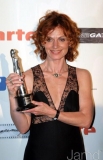
Nino Kirtadze
Jury Member
Director and actress Nino Kirtadze was born 1968 in Tbilisi, Georgia. After graduating with a degree in literature, she has worked as a consultant to the Georgian president and as a journalist covering armed conflicts in the Caucasus. Her acting carrier started from playing the main role in a film Les Mille et Une Recettes du Cuisinier Amoureux (Chief in love), by Nana Djordjadze (1996) which was selected at Cannes in 1996 and was nominated for an Oscar.
Nino Kirtadze has lived in France since 1997, where she has worked with Peter Brook, Jean-Pierre Ameris, Philippe Monnier, Gerard Pires, Claude Goretta and Olivier Langlois. Many of her full-length documentaries have won prestigious international prizes and brought her recognition. Her credits include Germany’s top documentary award winner “Chechen Lullaby”(2002) the Adolf Grimme Golden Prize), “Tell my friends that I’m dead” (2004), awarded in France by Golden Fipa and by the Cinema du Réel Prize, “Pipeline next door” (2005) winner of the European Film Academy Best Documentary award. Her last documentary “Durakovo - village of fools“ won Best director award at Sundance film festival (2008), and Best documentary of the year in France.
Filmography
1. For Faith, Tsar and Fatherland (2007)
2. Un dragon dans les eaux pures du Caucase (2005)
3. Dites ŕ mes amis que je suis mort (2004)
4. Il était une fois la Tchétchénie (2001)
5. Les Trois vies d'Edouard Chevardnadze (2000)
see biography
close biography
International Short films competition Jury

CHRISTOPHER D. KAMYSZEW (USA)
Head of Jury
Film and art executive, film producer and distributor. Born in 1958. Studied art history and directing in Columbia College. Chairman of the Society for Arts, a non for profit organization focused on artistic collaboration between the States and Europe. Founder and President of the Chicago International Documentary Festival, one of the world’s largest festivals of documentary film. Expert in Eastern European cinema. He has currated over 500 programs of European art and film in North America. Board member of numerous U.S. institutions; frequent jury member at international film festivals. Recipient of many prestigious awards and honors including Laterna Magica, Chicagoan Man of a Decade.
see biography
close biography

Levan Koghuashvili
Jury Member
Levan Koghuashvili was born in Georgia in 1973. After finishing school, he began to study at the State Institute of Film and Theatre in Tbilisi, but one year later a civil war broke out in Georgia and he began to work as a journalist for an independent television broadcaster and later as a director.
After having worked for television for two years, he began to study at the All-Russian State University of Cinematography (VGIK) in Moscow, where his teacher was the famous film director Marlen Khutsiev. After graduating, he worked in Tbilisi as a film director for advertising, television and documentaries. In 2002, he began his postgraduate studies at the New York Film School. During his studies there he made several short films and documentaries. In 2008 he returned to Georgia to start filming his first feature film - "Street Days", which he finished in 2010 and was nominated at many international film festivals.
Filmography
2010 – "Street Days" – Feature film, 86min, 35mm
2008 – "Women from Georgia" – Documentary, 54min, video
2005 – "A Small Theatre in Washington" – Documentary, 54min, video
2005 – "Debt" – Feature film, 13min, video
2004 – "Home" – Documentary, 55min, video
2003 – "Father and Child" – Documentary, 10min, video
2002 – "Rehabilitation" – Feature film, 4min, 16mm
2000 – "Betlemi" – Documentary, 60min, video
1999 – "2" – Feature film, 10min, 35mm (under the name "Luka Levani")
1998 – "King Lear" – Feature film, 6min, video
see biography
close biography
Michael Brooke
Jury Member
Michael Brooke is the Screenonline Curator at the British Film Institute National Archive, and a regular contributor to Sight & Sound magazine and other publications, usually on the subject of British and central-eastern European cinema. His recent interviewees include Alexei Balabanov, Guy Maddin, Deimantas Narkevičius, Jerzy Skolimowski and Andrzej Wajda.
He produced the BFI DVD compilations Quay Brothers: The Short Films 1979-2003 and Jan Švankmajer: The Complete Short Films. He regularly writes booklet essays for the BFI and Second Run DVD labels.
Most recently, he has contributed chapters to the books Shadows of Progress: Documentary Film in Post-War Britain (BFI, 2010), Polish Cinema Now! (Adam Mickiewicz Institute, 2010) and Trzynasty miesiąc. Kino braci Quay (Hal-Art, 2010).
see biography
close biography
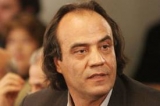
Seifollah Samadian
Jury Member
Documentary filmmaker, publisher and photographer Seifollah Samadian was born in 1954 IN PLACE!!!. He is a graduate of English Literature. In 1968 Samadian started taking photographs and a decade later he began making documentary films, which include: The White Station (1999) , Tehran, The 25th Hour (1999) , The Art of Killing (2003) , Bam, The 3rd day, The 10th day (2004) , Once Upon a Time in Marrakech (2006). He is the director, cameraman, and an editor of all his films. Samadian worked with Abbas Kiarostami on ABC Africa (2001).
He has been a member of the jury for international film festivals, like Milan Film Festival, Fajr Film Festival, European Short Film Biennial and participated in various film festivals – Tribeca, San Francisco, Amsterdam etc. Samadian is a director of TASSVIR Film Festival since 2004 and also publisher and editor in chief of TASSVIR magazine.
see biography
close biography
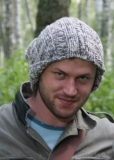
Vassily Sigarev
Jury Member
Vassily Sigarev (born in 1977, Central Urals, Russia) studied education before taking courses in dramaturgy from Nikolay Kolyada. He achieved an international acclaim in 2002, when his play Plasticine was staged at London’s Royal Court Theatre. The play was a great success and Sigarev won the Charles Wintour Prize for Most Promising Playwright.
Since 2003 he has written 18 plays that have been staged at many theaters in Russia and abroad, including in the Czech Republic (Plasticine played at Prague’s DISK theater in 2004). He transformed his play Wolfy (2009) into his feature directorial debut, and the film won the main award at the 2009 Kinotavr festival of Russian films in Sochi and also received the Prize for Best film director at BIAFF 2009 (Batumi).
see biography
close biography
- 1
- 2
- 3
- 4
- 5
- 6
- 7
- 8
- 9
- 10
- 11
- 12
- 13
- 14
- 15
- 16
- 17
- 18
- 19
- 20
- 21
- 22
- 23
- 24
- 25
- 26
- 27
- 28
- 29
- 30
- 31
festival news



